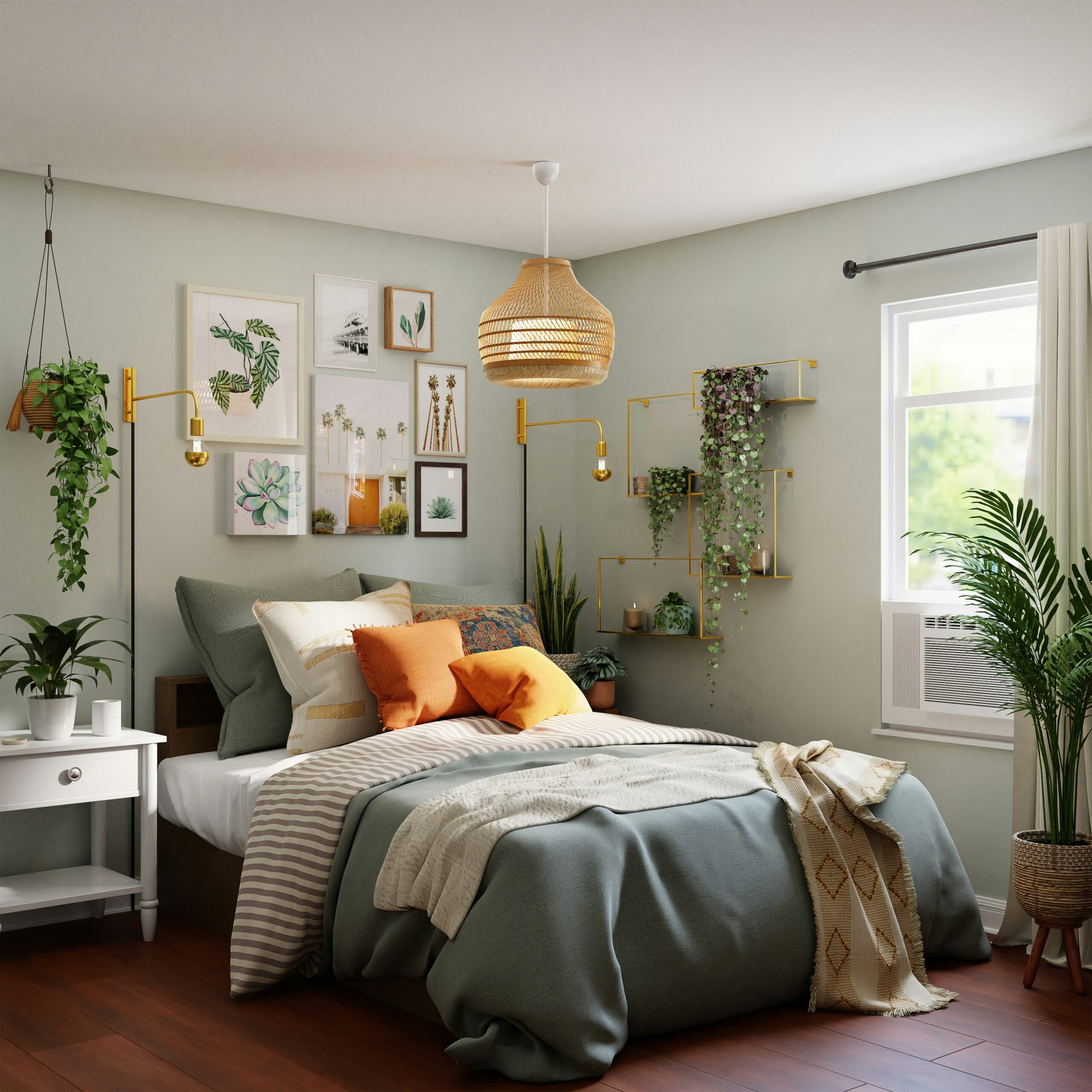Imagine a sanctuary where you can truly unwind, free from the constant buzz and glare of electronic screens. Creating a screen-free bedroom zone can transform your sleep environment, helping you achieve better rest and overall well-being.
Why a Screen-Free Bedroom?
In today’s digital age, screens dominate our lives. From smartphones to TVs, they keep us connected but can also disrupt our sleep and relaxation. Research indicates that exposure to blue light from screens can interfere with our natural sleep cycles, leading to poor sleep quality. According to the National Sleep Foundation, using electronic devices before bed can reduce melatonin production, the hormone responsible for regulating sleep.
Expert Opinions
Dr. Charles Czeisler from Harvard Medical School emphasizes, “Limiting screen time before bed is crucial for maintaining healthy sleep patterns.”
Statistics to Consider
A study by the American Academy of Sleep Medicine found that 90% of Americans use a technological device during the hour before bed. This habit is linked to difficulty falling asleep and staying asleep.
Personal Anecdotes
Take the example of Sarah, a busy professional who struggled with insomnia. By creating a screen-free bedroom, she noticed a significant improvement in her sleep quality. She now wakes up refreshed and more focused throughout the day.
Actionable Tips for a Screen-Free Bedroom
- Create a Charging Station Outside the Bedroom: Keep all electronic devices outside the bedroom to avoid the temptation of late-night scrolling.
- Invest in an Alarm Clock: Use a traditional alarm clock instead of your phone to wake up in the morning.
- Establish a Nighttime Routine: Develop a calming pre-sleep routine such as reading a book, meditating, or practicing yoga.
- Set Screen Time Limits: Use apps or built-in phone settings to limit screen time, especially during the evening.
- Create a Relaxing Environment: Ensure your bedroom is a serene space with comfortable bedding, dim lighting, and no screens.
Comparison Table: Screen Time vs. Screen-Free Bedtime
| Aspect | With Screens | Screen-Free |
|---|---|---|
| Melatonin Production | Reduced | Normal |
| Sleep Quality | Poor | Improved |
| Sleep Duration | Shorter | Longer |
| Focus and Concentration | Decreased | Enhanced |
| Stress Levels | Higher | Lower |
| Overall Health | Compromised | Better |
| Morning Alertness | Groggy | Refreshed |
| Evening Relaxation | Disturbed | Calm |
Pro Tips
Place a basket near your bedroom door for electronic devices. Make it a habit to drop your phone, tablet, and any other devices into the basket before heading to bed.
FAQs
FAQs
Why is blue light harmful before sleep?
Blue light can suppress the production of melatonin, the hormone that regulates sleep-wake cycles, making it harder to fall asleep.
Can I keep my phone in the bedroom if it’s on silent?
Even on silent, the light from notifications can be distracting. It’s better to keep it out of the bedroom altogether.
What if I need to use my phone as an alarm clock?
Consider investing in a traditional alarm clock to avoid the temptation of using your phone at night.
How long before bed should I turn off screens?
Aim to turn off screens at least an hour before bed to give your body time to wind down.
Conclusion: Make the Change Today
Creating a screen-free bedroom zone can significantly improve your sleep quality and overall well-being. By following the tips and advice shared, you can transform your bedroom into a peaceful retreat. Start today and enjoy the benefits of better sleep and a healthier lifestyle.




Leave a Reply